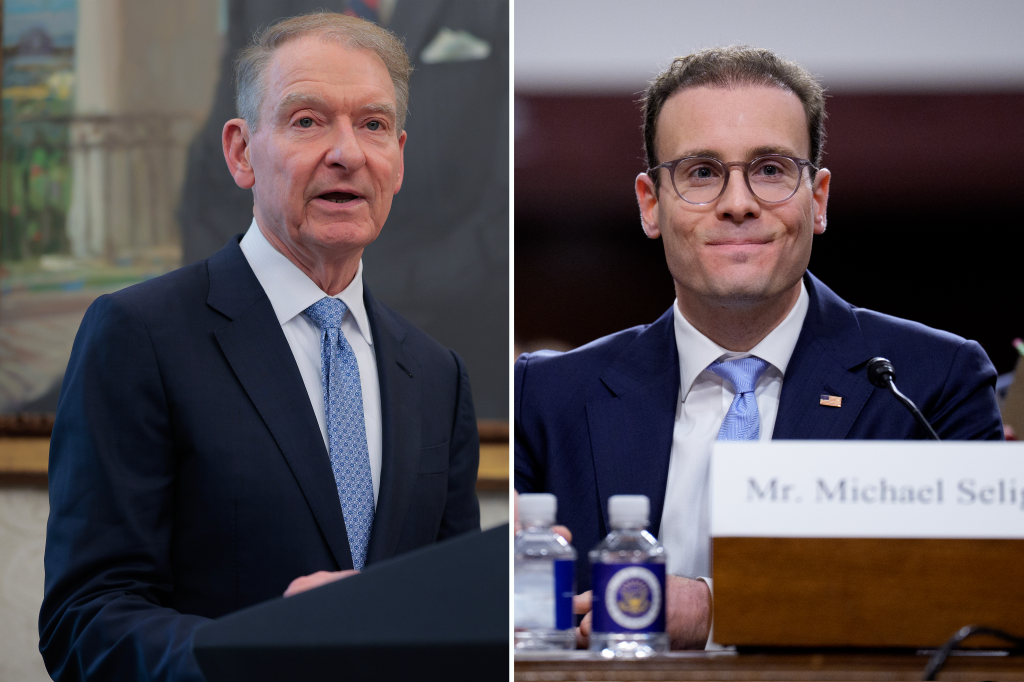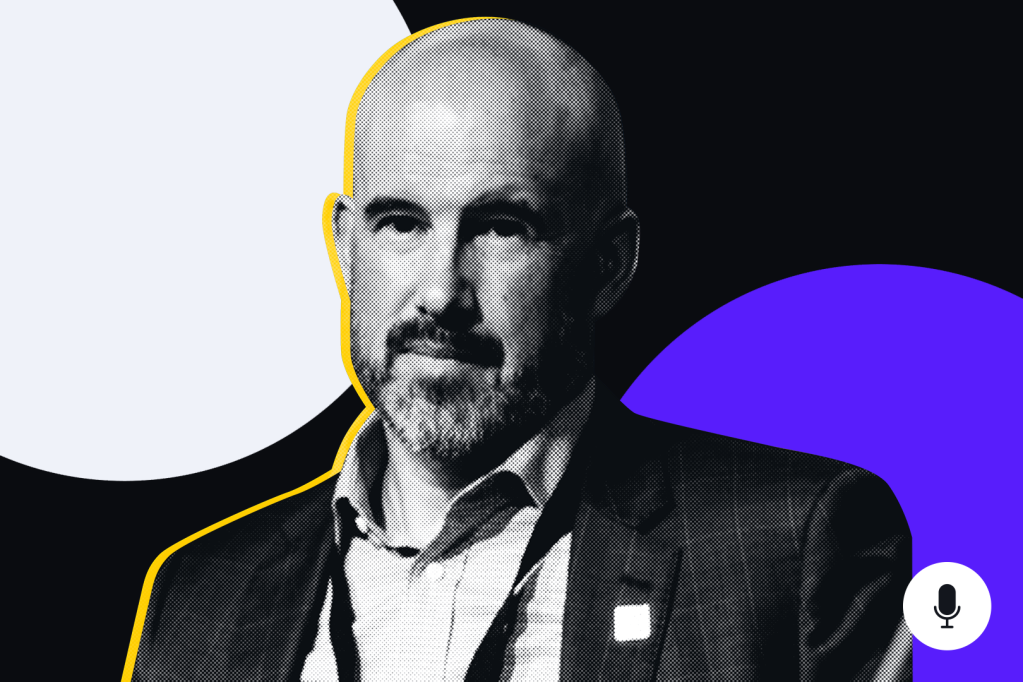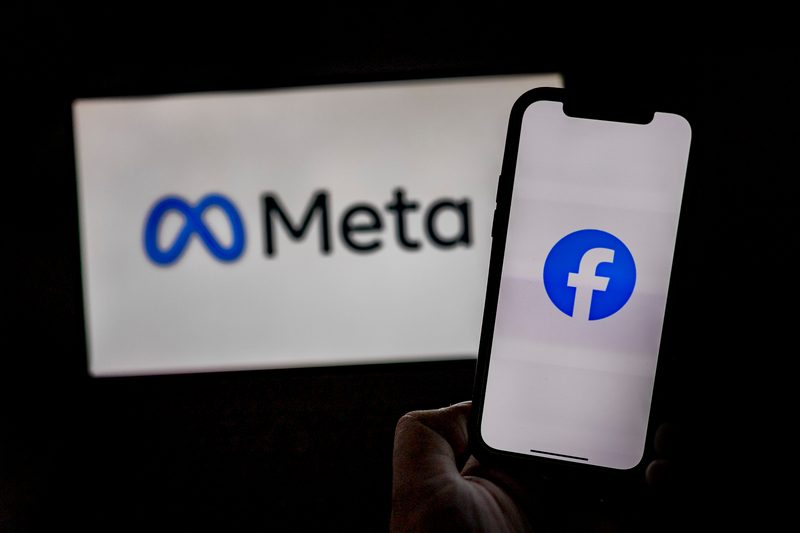Meta has said its use of “guardrails”, a practice it says was aimed at preventing the incorrect flagging of content from some of the top advertisers on the platform, has been public knowledge and does not mean those spending the most get free rein.
The Financial Times has reported that
Register for free to keep reading
To continue reading this article and unlock full access to GRIP, register now. You’ll enjoy free access to all content until our subscription service launches in early 2026.
- Unlimited access to industry insights
- Stay on top of key rules and regulatory changes with our Rules Navigator
- Ad-free experience with no distractions
- Regular podcasts from trusted external experts
- Fresh compliance and regulatory content every day













